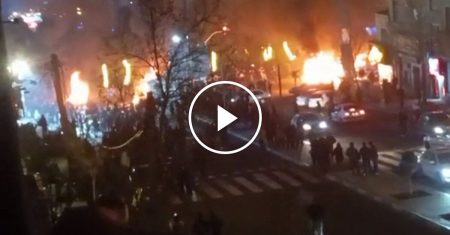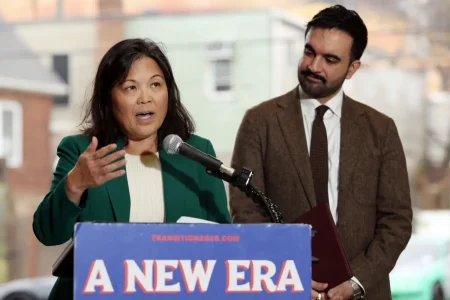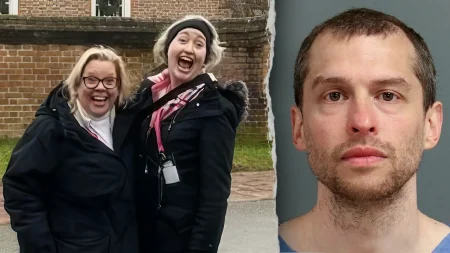Elizabeth Tsurkov’s Journey Through Captivity and Freedom
Elizabeth Tsurkov, holding both Israeli and Russian citizenship, has emerged from a nightmarish ordeal that tested the limits of human endurance and revealed the complex web of international politics in the Middle East. Her story is one of extraordinary resilience in the face of cruelty, a testament to the human spirit’s capacity to withstand extreme adversity, and an illuminating case study in how diplomatic pressure can sometimes yield positive outcomes even in the most challenging circumstances.
Tsurkov’s captivity began unexpectedly, transforming her from a respected researcher into a prisoner held by an Iran-backed militant group. During her confinement, she experienced systematic mistreatment designed to break her physically and psychologically. The isolation was crushing, with days stretching into weeks and months as she struggled to maintain her sense of self and hope for eventual freedom. Throughout this ordeal, she developed survival mechanisms—mental exercises, memories of loved ones, and small acts of internal resistance—that helped preserve her core identity despite her captors’ efforts to diminish her humanity. The psychological warfare waged against her included deliberate disorientation, threats, and attempts to create a sense of abandonment, testing her mental fortitude in ways she could never have imagined before her abduction.
As news of her disappearance spread, diplomatic machinery began working behind the scenes. The United States government, recognizing both her academic contributions and the humanitarian imperative, applied escalating pressure through various channels. This diplomatic effort encompassed direct negotiations, leverage through intermediaries, and the strategic use of international relationships to influence her captors. The complexity of these negotiations was compounded by Tsurkov’s dual citizenship, with both Israeli and Russian diplomatic interests potentially in play, though with varying levels of commitment to securing her release. Throughout this process, the Iran-backed group holding her attempted to extract maximum political advantage from her captivity, using her as a bargaining chip in the broader geopolitical chess game of Middle Eastern politics.
The breakthrough leading to her freedom came gradually, through a combination of sustained pressure and changing regional calculations. When liberation finally arrived, it was disorienting in its own way. Tsurkov had to readjust to freedom after adapting to the brutal rhythms of captivity, experiencing what psychologists recognize as the complex challenges of reintegration after trauma. Physical freedom arrived before emotional and psychological liberation, as she began the difficult process of processing her experiences and reclaiming her sense of security and autonomy. Medical evaluations revealed the physical toll of her captivity, while psychological support began addressing the invisible wounds that would require longer to heal.
Now adjusting to life after captivity, Tsurkov has begun sharing elements of her experience, contributing valuable insights about the nature of the group that held her and their connections to Iran’s regional influence network. Her academic background provides a unique analytical framework through which she can process and communicate her experience, transforming personal trauma into valuable intelligence and human understanding. Her testimony offers rare first-hand information about the operations, beliefs, and internal dynamics of an organization typically shrouded in secrecy and propaganda. This information has potential value not just for intelligence services but for broader understanding of how such groups function and perpetuate themselves within fractured societies.
Beyond the geopolitical implications, Tsurkov’s story resonates as a profoundly human narrative about survival under extreme conditions. Her experience highlights the psychological complexity of captivity and recovery, offering insights into human resilience that transcend the specific political context of her case. For those who followed her case from afar, her freedom represents a rare positive outcome in a region often characterized by intractable conflicts and human suffering. As she continues rebuilding her life, her journey stands as testimony to both the depths of cruelty humans can inflict upon one another and the remarkable capacity of individuals to endure, recover, and reclaim their humanity even after experiencing the most dehumanizing conditions. Through her ongoing work and eventual fuller telling of her story, Elizabeth Tsurkov transforms her personal ordeal into a window through which others might better understand both regional politics and the universal aspects of trauma and recovery.











